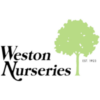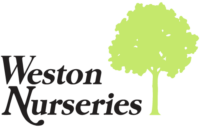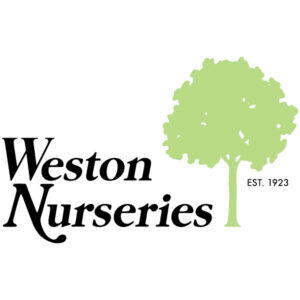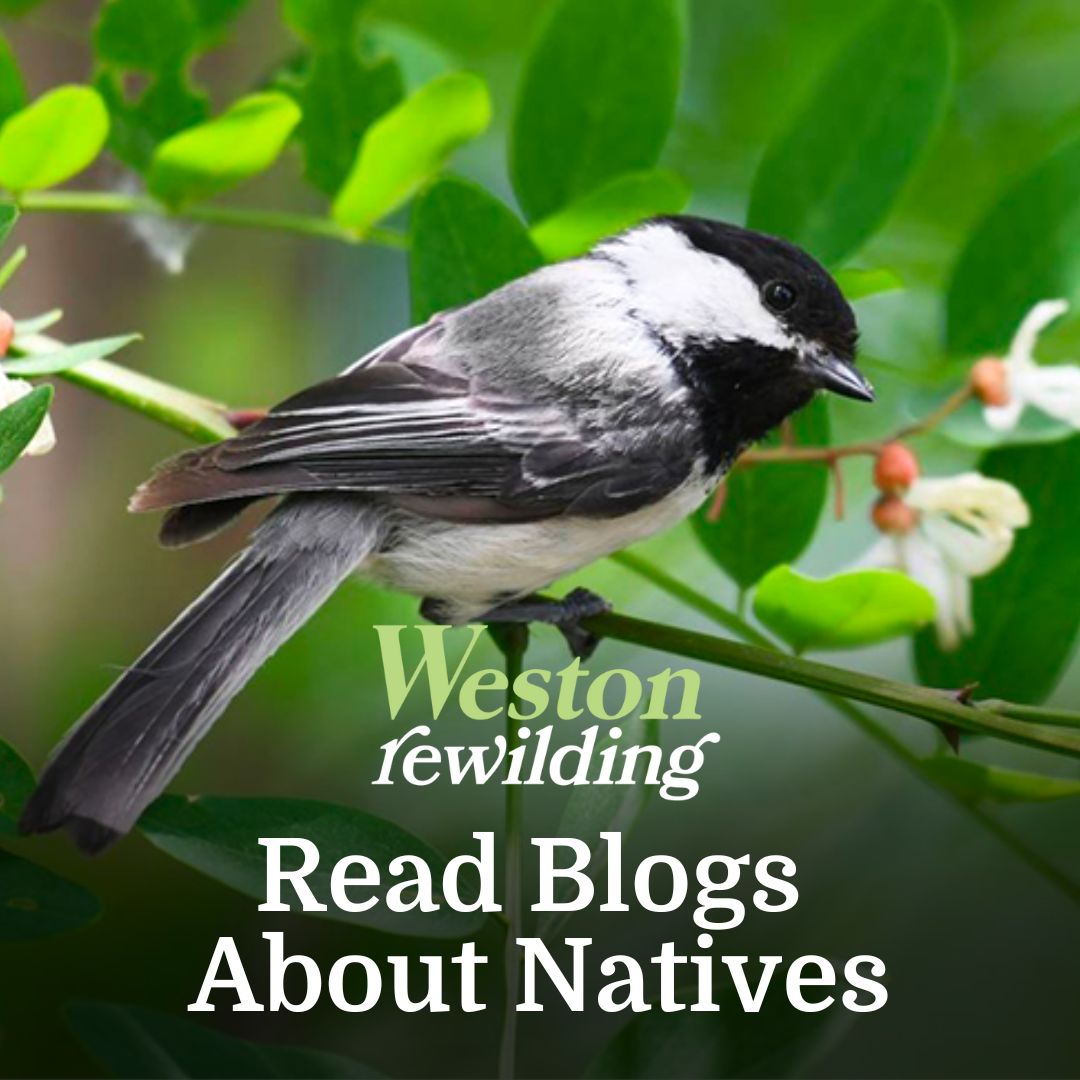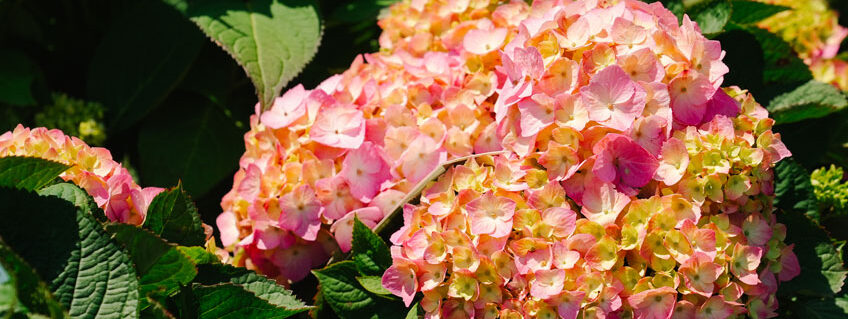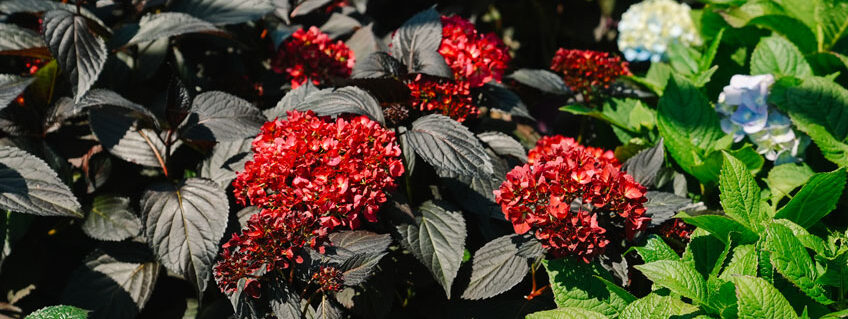By Thomas Christopher
Native plants were a relatively uncommon enthusiasm back in 1965 when Lady Bird Johnson publicly endorsed the planting of indigenous wildflowers alongside American highways. As she freely acknowledged, she was not the first to do so. She gave ample credit to the Texas Department of Transportation, which in 1934 began to pause every year the mowing of highway shoulders until the spring wildflowers had gone to seed to promote their spread. Still, when the First Lady included wildflowers in her highway beautification program, it helped to move native plants from botanical gardens and nature preserves into the gardens of the rest of us.
Lady Bird’s support didn’t stop with just (metaphorically) planting the seed. In 1982 she joined with actress Helen Hayes in establishing a “National Wildflower Research Center” on a 60-acre site in the East Austin neighborhood of Texas’ state capital. The new Center’s focus was national rather than regional, a reflection of Lady Bird’s many years in Washington D.C., and the scope of her duties during her White House years. This broad focus is unusual even today in a field that more typically celebrates local vegetation.
As the original name of this institution indicates, it has always supported an active program of research into such fields as the impact of prescribed burning on Central Texas ecosystems and the development of a climatically adapted, drought-tolerant turfgrass mix of native species. Moving to a site that now comprises 284 acres farther from downtown Austin in 1995, this native plant botanical garden adopted a new name in 1997, the Lady Bird Johnson Wildflower Center. This name better reflects the diversity of the Center’s current mission as a division of the University of Texas at Austin. This includes not only research in plant conservation and ecological research and design, but also display gardens, an arboretum, and natural areas with a total collection of 900 species native to Texas, and a vigorous program of public education.
The program that makes this institution an invaluable resource for gardeners all over the United States is the online “Plant Finder” database. This includes information about native plants of all sorts, including trees, shrubs, vines, grasses, and even ferns and cacti from all 50 U.S. states and all the 10 Canadian provinces, and features descriptions of and information about the geographical ranges and preferred growing conditions of 25,198 species.
You can search this database by the botanical or common name of a plant, by plant family, or use filters to identify plants that suit your needs by an array of filters which can sort plants by region, flower color, flowering season, foliage characteristics, the type of conditions in your garden, and plant lifespan: annual, biennial, or perennial. If you want to look at the plants you have found, there’s a photo gallery of more than 80,000 images.
Finally, there’s the “Native Plant Information Network Resources” guide which includes, among other things, a directory of 957 native plant suppliers and landscape designers across the country, as well as a searchable list of 950 native plant organizations. Here you’ll also find a bibliography of 1622 books such as regional field guides and floras, as well as other native plant publications suitable for the searcher’s area.
If you want to learn more about this extraordinary institution, you can listen to a conversation I had with Wildflower Center horticulturist Sophie Lemkin. You’ll find that on the Berkshire Botanical Garden’s “Growing Greener” podcast at www.berkshirebotanical.org.
Be-a-Better-Gardener is a community service of Berkshire Botanical Garden, located in Stockbridge, Mass. Its mission, to provide knowledge of gardening and the environment through a diverse range of classes and programs, informs and inspires thousands of students and visitors each year. Thomas Christopher is a volunteer at Berkshire Botanical Garden and is the author or co-author of more than a dozen books, including Nature into Art and The Gardens of Wave Hill (Timber Press, 2019). He is the 2021 Garden Club of America’s National Medalist for Literature, a distinction reserved to recognize those who have left a profound and lasting impact on issues that are most important to the GCA. Christopher’s companion broadcast to this column, Growing Greener, streams on WESUFM.org, Pacifica Radio and NPR and is available at berkshirebotanical.org/growinggreener.
